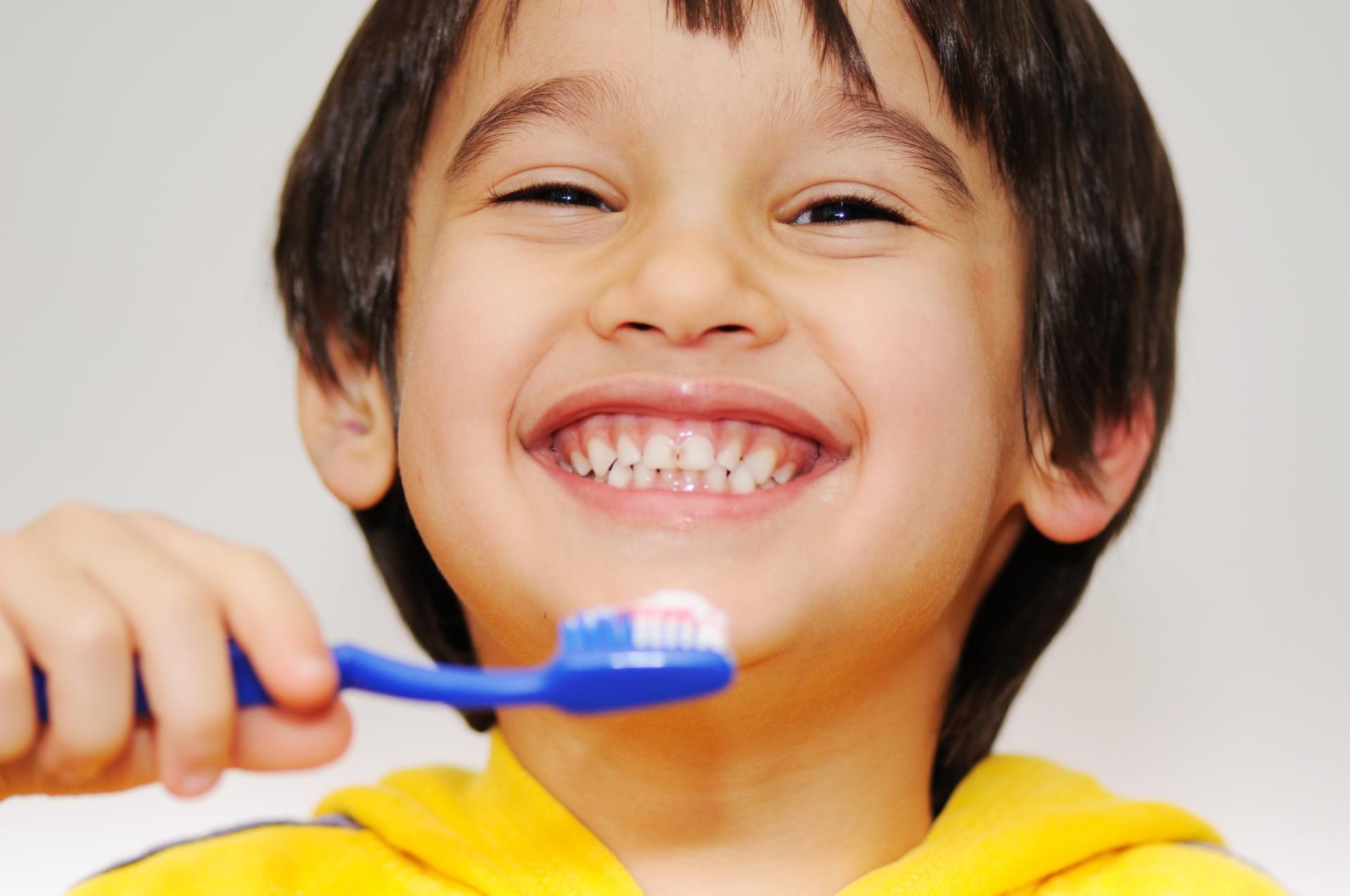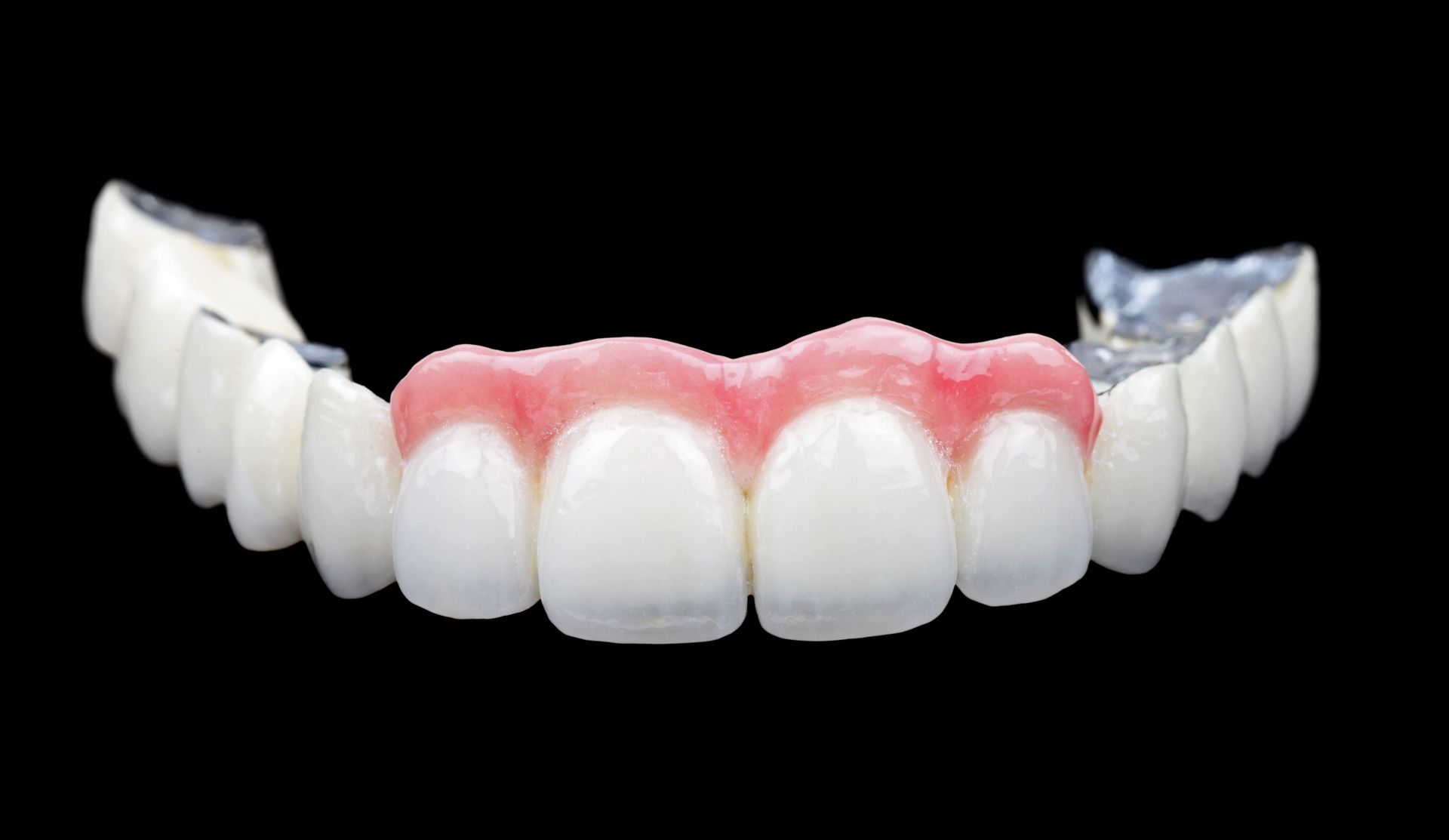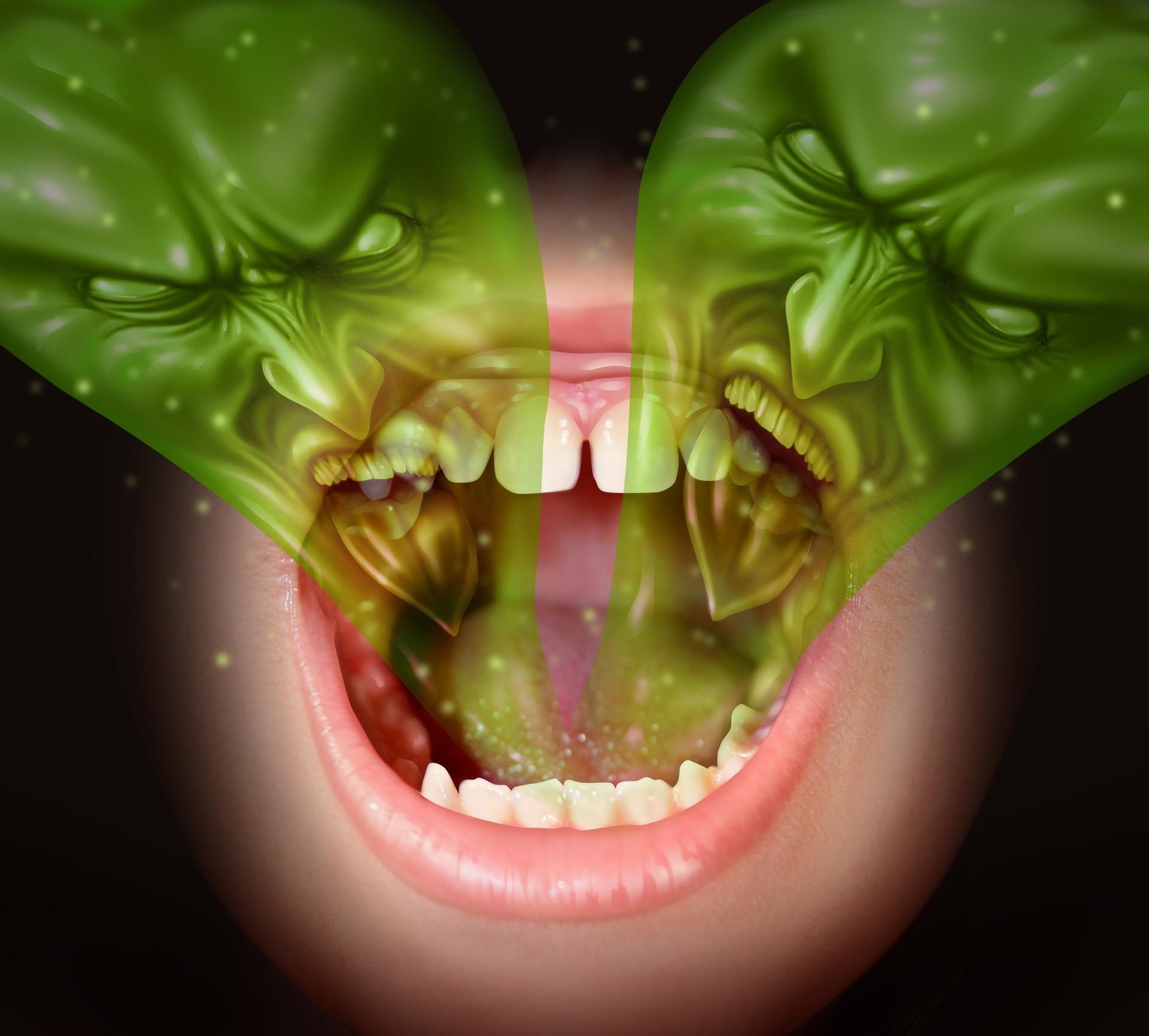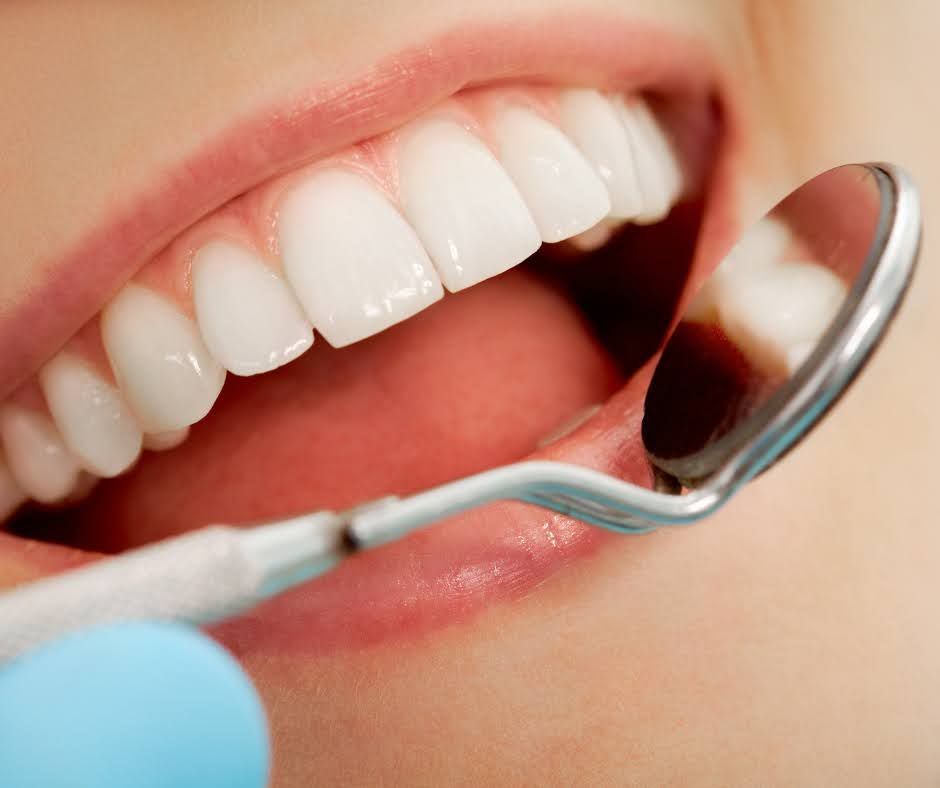Types of Dentures
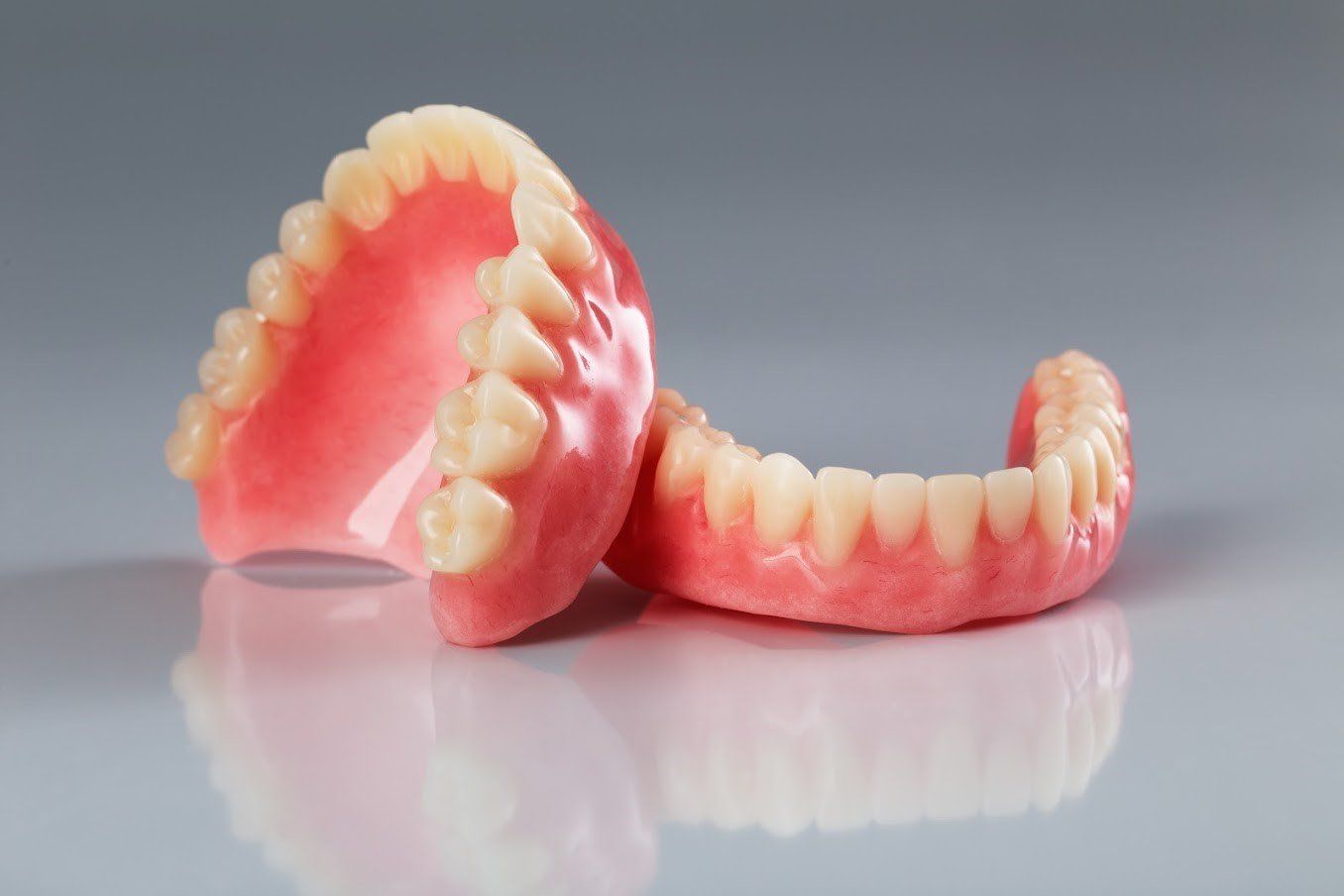
Dentures are a type of dental prosthetic used to replace missing teeth. Dentures provide valuable options to people who consider their oral health. However, many people do not realize that different types of dentures are available to suit their specific needs. This article will explore the different types of dentures and how they can benefit the wearer.
Complete Dentures
Complete dentures are removable dental appliances that replace all teeth in the upper or lower arch. They are held in place by suction and rest on the gums. Complete dentures rely on the impressions of the patient's mouth, which can create a model of the teeth. Then, a dentist creates the denture from this model.
Complete dentures are relatively affordable, and a dentist can make them quickly. Additionally, complete dentures are easily adjustable and repairable. However, complete dentures can generate a lisp. Additionally, complete dentures can slip and move around in the mouth, making it difficult to eat and speak.
Partial Dentures
A partial denture is a non-permanent denture that replaces one or more absent teeth. Natural suction or clasps attached to adjacent teeth hold the denture in place. Partial dentures use plastic, metal, or a combination of the two materials. They can restore both function and aesthetics to your smile. Partial dentures come in two types, fixed and removable.
Fixed partial dentures
Fixed partial dentures are also known as "crown and bridge" dentures. They have two crowns placed over the natural teeth adjacent to the empty space left by a missing tooth, and a false tooth (or teeth) in between. The false tooth gets attached to the crowns, and the dentist cements the whole assembly.
Fixed partial dentures are very strong and stable, so they feel very natural. Also, the cementation minimizes the risk of dislodgement. However, fixed partial dentures can be more expensive than removable ones and require more time and effort to clean. Additionally, the placement requires some level of surgery to implement.
Removable partial dentures
Removable partial dentures (RPDs) are dental prostheses that replace one or more missing teeth. The remaining natural teeth and gums support the removable dentures. RPDs are typically less expensive than other dental prostheses, such as implants or bridges. Also, they are removable, which makes them easy to clean.
However, they are more susceptible to plaque buildup. Also, other people might spot the metal clasps if you open your mouth wide enough.
Immediate Dentures
An immediate denture is a denture inserted immediately after the removal of natural teeth. The patient wears them until the gums heal and can support a conventional denture. Immediate dentures allow the wearer to have teeth during the healing process. They help to preserve the shape of the gums, and they prevent shrinkage of the jawbone.
However, they can be challenging to keep in place, they can break more easily, and they can encourage bacteria buildup.
Implant Retained Dentures
An implant-retained or implant-supported denture attaches to implants in the jawbone. The implants are solid materials placed in the jawbone by a dentist or oral surgeon. An implant-retained denture is much more secure than a traditional denture, which can slip and move around in the mouth. Implant-retained dentures also feel more natural than traditional dentures and can help to preserve the bone in the jaw.
However, implant-retained dentures require surgery to place the implants. Also, they increase the patient's recovery time. Finally, they may require additional operations like a bone graft or sinus augmentation.
You should visit a dentist before you decide to get dentures. A proper oral and dental examination can determine which type most suits your needs. Visit us at Carlino & Paton, DDS PC, to receive high-quality denture installation and maintenance.
Contact Information
Address: 51190 D W Seaton Drive New Baltimore, MI 48047
Phone: 586-725-9898
Fax: 586-725-4470
Business Hours
Monday: 9:30 am - 6:00 pm
Tuesday: 9:00 am - 6:00 pm
Wednesday: 9:00 am - 6:00 pm
Thursday: 8:30 am - 6:00 pm
Friday: 8:30 am - 12:30 pm
Saturday: 9:00 am - 2:00 pm
Open One Saturday a Month
Contact Information
Address: 51190 D W Seaton Drive New Baltimore, MI 48047
Phone: 586-725-9898
Fax: 586-725-4470
Business Hours
Monday: 9:30 am - 6:00 pm
Tuesday: 9:00 am - 6:00 pm
Wednesday: 9:00 am - 6:00 pm
Thursday: 8:30 am - 6:00 pm
Friday: 8:30 am - 12:30 pm
Closed Saturday and Sunday

